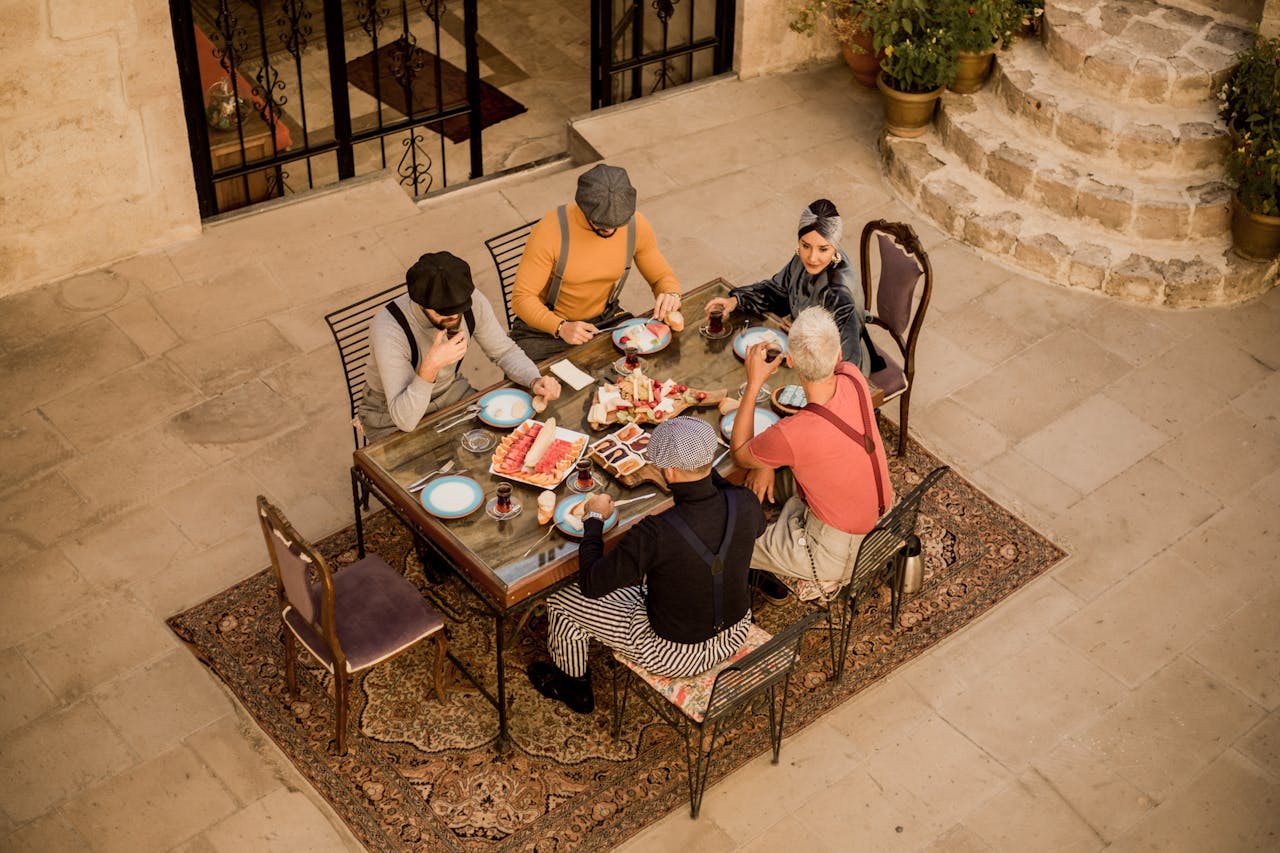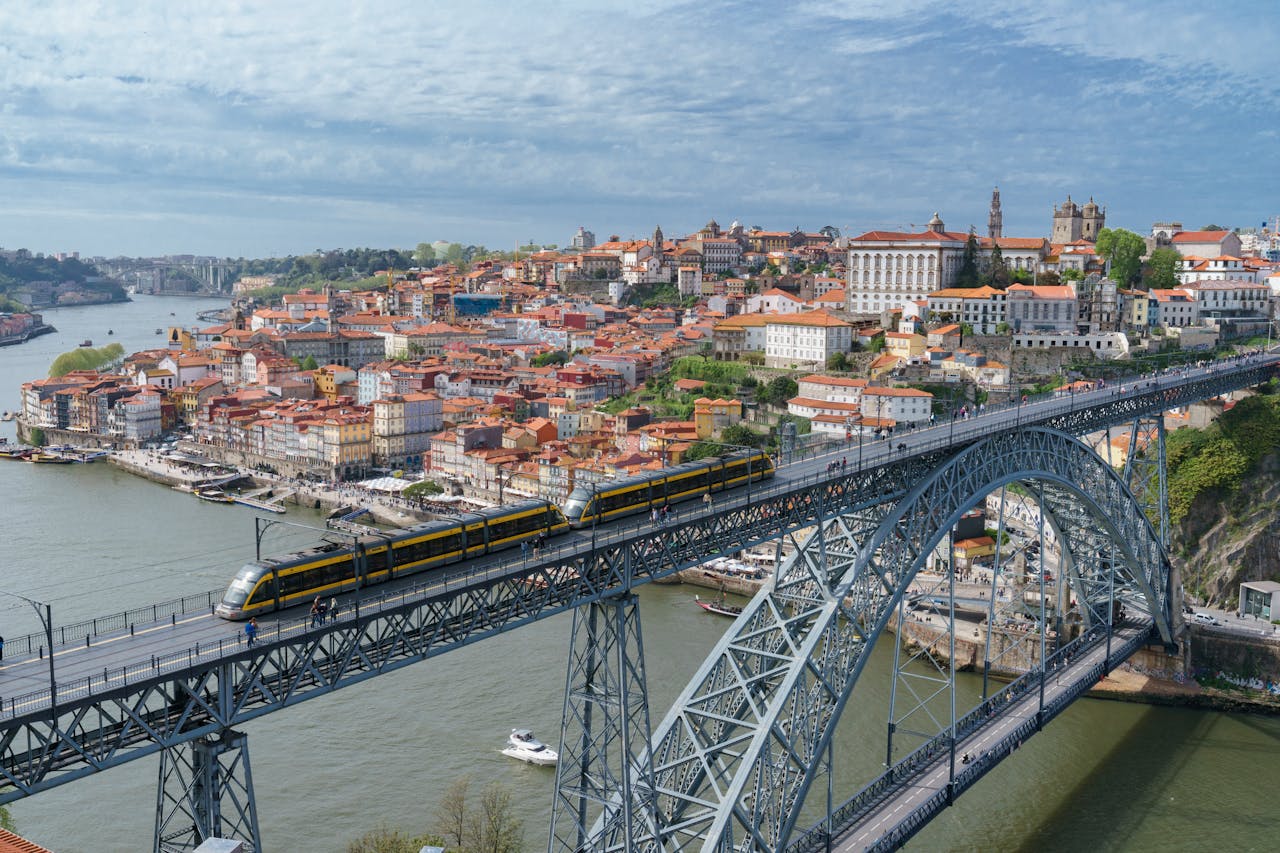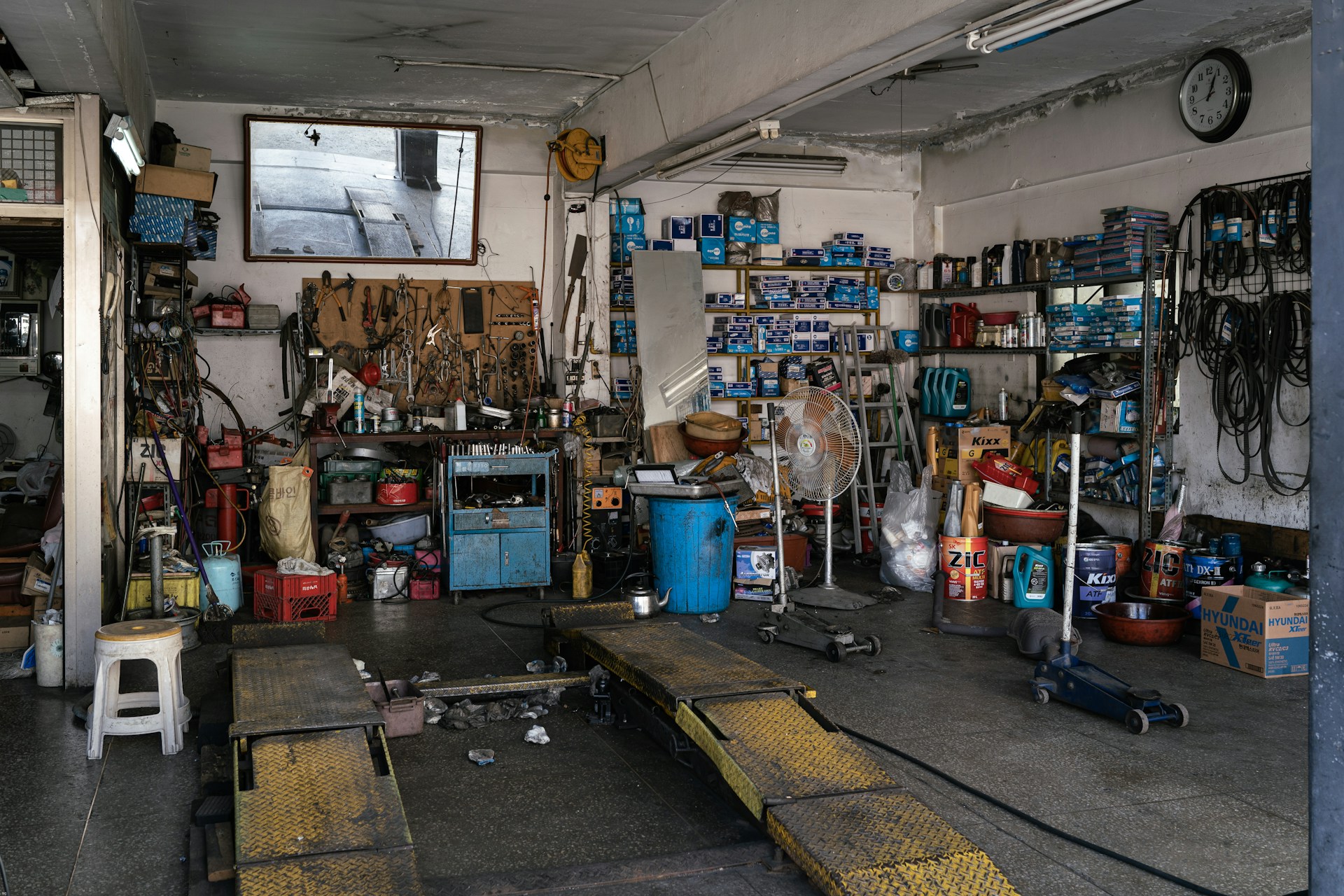Portugal is having a moment with U.S. travelers, and it is not just Lisbon’s tiled streets filling your feed. The country blends Old World charm with easy travel logistics, fair prices compared with much of Western Europe, and a sense of safety that helps first time visitors relax. Add year round mild weather, ocean scenery from the Algarve to the Azores, and flights that are often shorter than you expect, and it is clear why many Americans are picking Portugal for their next passport stamp.
There is also a practical side. You can wander medieval lanes in the morning, ride a modern train by lunch, and end the day with a sunset over Atlantic cliffs. English is widely spoken in tourist areas, restaurants post prices clearly, and contactless payments work almost everywhere. For travelers who want a smooth Europe debut or a low stress repeat trip, Portugal checks a lot of boxes.
Safe, welcoming, and easy to navigate
Portugal consistently lands near the top of global safety rankings, which matters to families and solo travelers alike. City centers feel walkable, even after dinner, and local hospitality skews warm rather than performative. U.S. travelers also appreciate clear rules. Taxis are licensed, rideshare is common in big cities, and official train platforms publish schedules in both Portuguese and English. That lowers friction on day one, when jet lag makes tiny problems feel bigger.
Portugal sits inside the Schengen Area, which means most Americans can visit visa free for up to 90 days within any 180 day period. Border police are efficient, and the tone is professional rather than intimidating. Once you are in, getting around is straightforward. Trains connect Lisbon, Porto, and Coimbra with predictable travel times, and long distance buses cover gaps where rail does not reach. In the Algarve, compact towns make car free beach days realistic, then reliable regional trains bring you back without stress.
More value for your dollar

One reason Portugal keeps beating out pricier European classics is the ratio of quality to cost. Restaurant menus in Lisbon or Porto often list multicourse tasting menus that cost less than a single entree in some major U.S. cities. Casual spots serve seafood that was swimming that morning, along with soups, stews, and pastries that do not feel like “tourist versions.” Coffee culture is strong and inexpensive, so lingering at a café does not threaten your budget.
Hotels follow the same pattern. You can book central, design forward properties at nightly rates that are often lower than comparable rooms in Paris or Rome, especially outside high summer. Boutique stays in historic buildings keep character without sacrificing air conditioning or quiet windows, which is a small detail that makes nights restful and days happier. If you split time between Lisbon and a smaller city like Évora, Braga, or Aveiro, nightly costs tend to drop even further while the experience stays rich.
A country built for slow, memorable days
Portugal has layers of scenery and culture in a small package, so you can dial in a trip without long travel days. Lisbon rewards simple plans: start with viewpoints like Miradouro da Senhora do Monte, explore neighborhoods such as Alfama and Bairro Alto, and save time for Belém’s monastery and riverside walk. Porto delivers a different vibe with terraced riverbanks, blue tile facades, and port wine lodges across the bridge in Vila Nova de Gaia. Even if you do not drink, the cellars and riverside paths make great photo walks.
If you came for beaches, the Algarve offers limestone cliffs, sea caves, and calm coves that work for families. Surfers head north to Peniche, Ericeira, and Nazaré, where lessons and board rentals are easy to find. History fans stitch together castles and walled towns in a loop that can include Sintra’s palaces, Óbidos’s medieval streets, and Tomar’s Templar fortress. Nature lovers can hop to the Azores or Madeira for crater lakes, levada walks, and botanical gardens that run green year round. None of this requires all day transfers. Portugal’s compact footprint means more vacation happens on your feet, not in transit.
Food that feels local, not staged

Portuguese cuisine is simple in the best way: great ingredients, prepared with traditions that value comfort over spectacle. You will meet grilled fish, fresh shellfish, and caldo verde on many menus, then stumble on regional specialties like bifana sandwiches or piri piri chicken at modest prices. Pasteis de nata get the headlines, but bakeries also turn out broas, bolas de Berlim, and almond tarts worth a detour. Even at trendier restaurants, you tend to see clear pricing, tap water if requested, and servers who walk you through unfamiliar dishes without upselling.
Wine is another quiet advantage. Portugal’s regions produce bottles that surprise even seasoned travelers, and the values are strong. Douro reds pair with hearty meals, Dão brings structure at friendly prices, Vinho Verde chills down perfectly after beach days, and Madeira offers dessert wines with centuries of history. If you are not a wine person, coffee and fresh juices carry the day, and mocktail culture is catching up fast in the big cities.
Planning that does not eat your weekend
Part of Portugal’s appeal is how little pre work it demands. You can book flights into Lisbon or Porto and piece together a solid plan in a few hours. Public transport is reliable enough that you can keep the itinerary loose, adjusting on the fly when the weather swings or a festival grabs your attention. If you rent a car, toll roads are modern and well signed, and most towns have paid garages near pedestrian centers to avoid narrow medieval streets.
Timing helps your budget. Spring and fall bring mild weather, smaller crowds, and lower prices. Summer is beach season and still worth it if that is your goal, but you will want to reserve earlier for the Algarve and central Lisbon. Winter offers cultural trips without the heat, and holiday markets make December surprisingly cozy. In all seasons, consider splitting time between a major city and a smaller base to experience Portugal’s range without long drives.
Small etiquette wins and smart saves
A few tiny habits help you blend in and stretch dollars. Learn basic greetings and please or thank you in Portuguese. Locals appreciate the effort, even when they answer you in English. In cafés, eat at the counter for a lower price than table service, which is normal and posted. Ask for the bill when you are ready, since lingering is a feature, not a bug. Carry a card that supports contactless payments and a bit of cash for bakers’ coins and small museums. If you want popular sites like Pena Palace or Jerónimos, pick early time slots on weekdays. For last-minute plans, aim for the late lunch window, when lines vanish and reservations open up.
Finally, remember that the best days are simple. Walk a neighborhood without a checklist. Ride a tram to the end of the line and back. Let sunset pick your dinner hour. Portugal rewards travelers who slow down, which is a big reason so many Americans return and bring friends with them.
Sources
- U.S. Department of State — Portugal country information and entry guidance (Sept 2025)
- Instituto Nacional de Estatística (Portugal) — Tourism accommodation statistics 2024–2025
- Institute for Economics and Peace — Global Peace Index 2024 (Portugal ranking)


